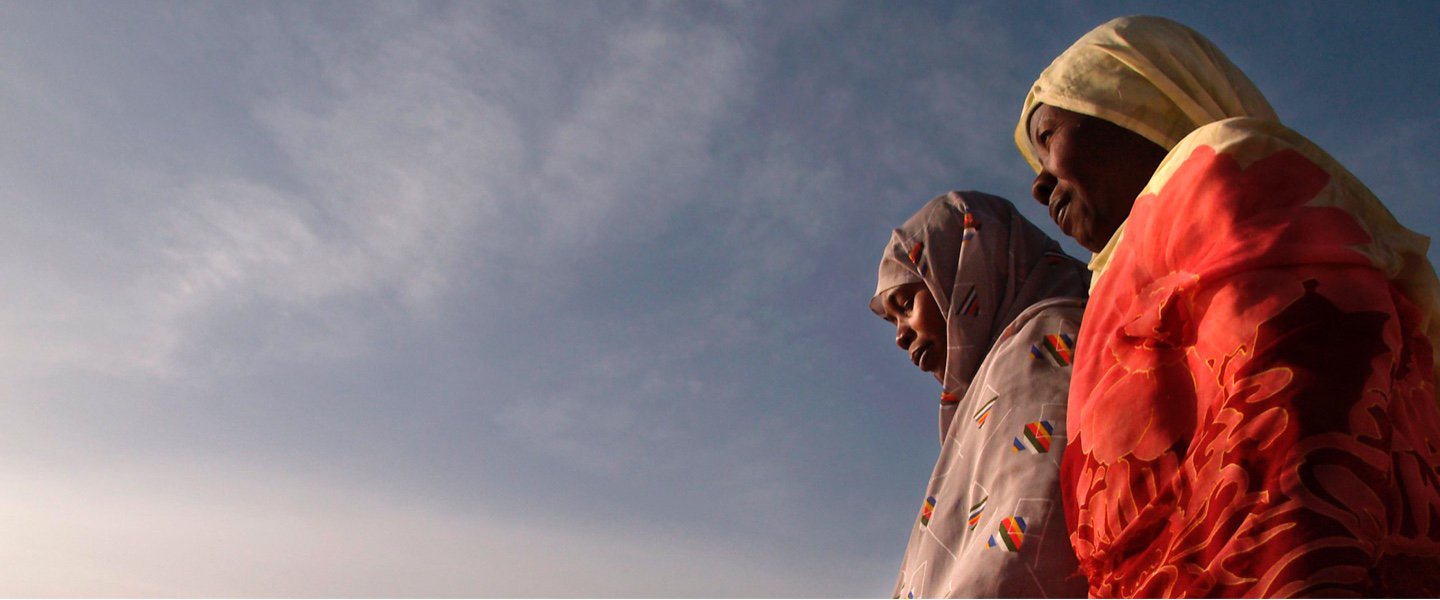- Yemen is making great strides in saving lives by preserving its primary health systems, improving service delivery resilience, and prioritizing support to conflict-affected poor and vulnerable groups. Through the Yemen Emergency Health and Nutrition Project, and the Emergency Cash Transfer Program have ensured vulnerable Yemenis have cash to buy food and basic necessities. Under the latter program, cash transfers have so far been provided to about 9 million people across Yemen’s 333 districts.
- In the Sahel region, IDA funding backs the Sahel Women’s Economic Empowerment and the Demographic Dividend (SWEDD) project aimed at enhancing women and adolescent girls’ empowerment; increasing access to quality reproductive, child and maternal health services, and improving regional knowledge sharing, capacity and coordination in the context of some of the highest fertility and poverty rates globally. Covering six countries (Chad, Cote d’Ivoire, Mali, Mauritania, Niger, and Burkina Faso) the SWEDD project has helped train over 6,600 midwives, created 3,420 safe spaces to give a second chance to 102,600 vulnerable out-of-school girls, and reached more than 4 million people through awareness raising campaigns on issues such as reproductive, maternal and child health and violence against women. In addition, 100,000 girls from poor backgrounds in Niger received school kits, scholarships, housing, and academic support.
- The Regional Disease Surveillance Systems (REDISSE) Program leverages $657 million of World Bank financing (of which $597 million is a mixture of IDA grants and credits and $60 million is from IBRD) to improve surveillance and laboratory capacity in 16 countries in West and Central Africa. Recipients include Angola, Benin, Central African Republic, Chad, Democratic Republic of Congo, Economic Community of Central African States (ECCAS), Guinea, Guinea Bissau, Liberia, Mali, Mauritania, Niger, Nigeria, Republic of Congo, Sierra Leone, Senegal, Togo, West African Health Organization (WAHO). In these countries, the program ensures that financing for emergency responses is in place to decrease response delays in the event of a disease outbreak. It also finances regional level policy dialogue to promote information exchange, collective action and efficient use of country and shared resources, training institutions and commodity stockpiles for disease surveillance and response. Through REDISSE, participating countries have also benefited from an early and immediate access to World Bank financing for COVID-19 preparedness and response, while complementary country-specific financing was mobilized from the World Bank’s COVID-19 Fast-Track Facility.
Key Achievements
Results

INDICATORS
Pregnant women receiving prenatal care (%)
Results At-A-Glance
Projects

News Updates
Related Documents
tabOn selection, change the data
Key Achievements
Key Achievements
- Yemen is making great strides in saving lives by preserving its primary health systems, improving service delivery resilience, and prioritizing support to conflict-affected poor and vulnerable groups. Through the Yemen Emergency Health and Nutrition Project, and the Emergency Cash Transfer Program have ensured vulnerable Yemenis have cash to buy food and basic necessities. Under the latter program, cash transfers have so far been provided to about 9 million people across Yemen’s 333 districts.
- In the Sahel region, IDA funding backs the Sahel Women’s Economic Empowerment and the Demographic Dividend (SWEDD) project aimed at enhancing women and adolescent girls’ empowerment; increasing access to quality reproductive, child and maternal health services, and improving regional knowledge sharing, capacity and coordination in the context of some of the highest fertility and poverty rates globally. Covering six countries (Chad, Cote d’Ivoire, Mali, Mauritania, Niger, and Burkina Faso) the SWEDD project has helped train over 6,600 midwives, created 3,420 safe spaces to give a second chance to 102,600 vulnerable out-of-school girls, and reached more than 4 million people through awareness raising campaigns on issues such as reproductive, maternal and child health and violence against women. In addition, 100,000 girls from poor backgrounds in Niger received school kits, scholarships, housing, and academic support.
- The Regional Disease Surveillance Systems (REDISSE) Program leverages $657 million of World Bank financing (of which $597 million is a mixture of IDA grants and credits and $60 million is from IBRD) to improve surveillance and laboratory capacity in 16 countries in West and Central Africa. Recipients include Angola, Benin, Central African Republic, Chad, Democratic Republic of Congo, Economic Community of Central African States (ECCAS), Guinea, Guinea Bissau, Liberia, Mali, Mauritania, Niger, Nigeria, Republic of Congo, Sierra Leone, Senegal, Togo, West African Health Organization (WAHO). In these countries, the program ensures that financing for emergency responses is in place to decrease response delays in the event of a disease outbreak. It also finances regional level policy dialogue to promote information exchange, collective action and efficient use of country and shared resources, training institutions and commodity stockpiles for disease surveillance and response. Through REDISSE, participating countries have also benefited from an early and immediate access to World Bank financing for COVID-19 preparedness and response, while complementary country-specific financing was mobilized from the World Bank’s COVID-19 Fast-Track Facility.


